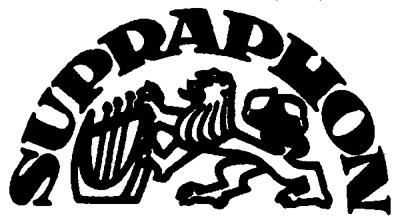|
Antonin Dvorak has a passion for chamber music; he liked playing it with friends, and perhaps soon came
to realis how good a commercial commodity such pieces represented. He wrote the first of his two piano
quartets, Op. 23, at the age of 34, by which time many a publisher was interested in his works. The period
Czech media voiced their satisfaction that Dvorak had moved beyond foreign influence, with the Slavic
spirit having prevailed in his music. Cases in point include his Moravian Duets, Op. 20, and Serenades, Op.
22, created at the same time. The publisher Fritz Simrock bitterly regretted having rejected the first
quartet, persistently reminding the composer: “I would gladly take a piano quartet, preferably even two”.
When in the summer of 1889 Dvorak got down to writing his second quartet, he complained of having a
“slow hand”, yet stressed that he had plenty of ideas: “My head is full of it ... I have finished three
movements of a new quartet with piano, and the finale will be ready in a few days. It has gone smoothly
beyond expectation, with the melodies rolling in to me.” The sheer beauty of the piece was cogently
described by the prominent Vienna-based critic Eduard Hanslick: “The quartet requires that the listener
be considerably attentive and well informed, which, however, really pays off.” The ensemble bearing the
composer’s name have linked up to the feted tradition of their great teachers – Ivan Moravec, Josef Vlach
and Milan Skampa. They present Dvorak at his finest, both conventional and sophisticated.
ANTONÍN DVOŘÁK (1841-1904)
Piano Quartet No. 1 in D major, Op. 23 (1875) 36:16
1. I. Allegro moderato 15:12
2. II. Andantino con variazioni 12:49
3. III. Finale. Allegretto scherzando 8:07
Piano Quartet No. 2 in E flat major, Op. 87 (1889) 36:23
4. I. Allegro con fuoco 8:42
5. II. Lento 10:17
6. III. Allegro moderato, grazioso 7:51
7. IV. Finale. Allegro, ma non troppo 9:27 |
|



